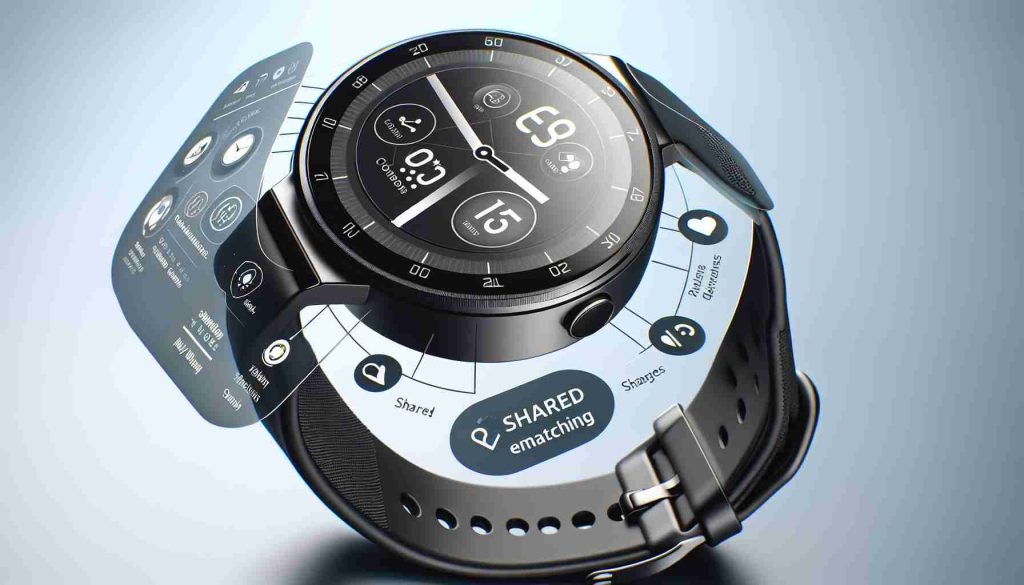Consumers can take charge of their purchases by employing a clever trick – using their smartphones as makeshift weighing scales. This innovative method allows individuals to detect potential cheating by businesses using tampered electronic scales, commonly known as “ghost scales.”
Recently, a joint effort by the Huaxi District Market Supervision Bureau and the Xibei Street Office saw the launch of the “Smartphone as Weights · Measure for the People” campaign at the Huaxi Park Plaza. Over 180 smartphones were weighed on-site, with informational leaflets distributed to over 200 attendees.
By affixing weight labels on smartphones after weighing them with certified measuring devices, consumers can instantly transform their phones into makeshift weights. This practical demonstration showcased how consumers could use their labeled smartphones to verify the accuracy of electronic scales at shops, ensuring fair transactions.
Furthermore, consumers were advised on how to respond if they suspect dishonest practices: use the smartphone weight label as a countermeasure on the scale, retain proof of purchase, and report any discrepancies to market regulatory authorities.
To aid consumers in identifying potential issues with electronic scales, the Huaxi District Market Supervision Bureau provides valuable tips:
– Prior to weighing, check for markings, valid inspection green labels, and correct unit prices on the scale.
– During weighing, be wary of irregular key inputs by the vendor, request a system reset, and re-weigh the product.
– After weighing, verify the weight using a public scale or smartphone weight label for accuracy.
The Huaxi District Market Supervision Bureau aims to educate consumers on electronic scale measurement and encourages active participation in monitoring for fraud. By fostering a culture of shared responsibility and transparency, they strive to create a fair and trustworthy marketplace for all.
Empowering Consumers: Advanced Strategies for Detecting Unfair Scales
Empowering consumers to spot unfair scales is a critical aspect of ensuring fair transactions in the marketplace. While using smartphones as makeshift weighing scales is a clever tactic, there are additional aspects to consider when tackling this issue.
What are the most important questions consumers should ask when dealing with weigh-in transactions?
Consumers should inquire about the calibration frequency of the scales, the credentials of the inspector who certified the scale, and whether the scale has been tampered with in any way.
Key Challenges and Controversies:
One of the major challenges consumers face is the lack of awareness regarding proper weighing procedures and regulations. Additionally, there can be controversies surrounding the accountability of businesses when discrepancies are found in weighing practices.
Advantages:
Empowering consumers with knowledge about spotting unfair scales can lead to increased transparency in transactions, fair pricing, and the prevention of fraudulent practices. It encourages consumer vigilance and accountability among businesses.
Disadvantages:
Despite the benefits of consumer empowerment, there may be instances where consumers misinterpret weighing results or falsely accuse businesses of using unfair scales. This can lead to conflicts and strained relationships between consumers and merchants.
Additional Resource:
For further information on consumer rights and weighing scale accuracy, visit FTC Consumer Information for comprehensive guidelines and resources.
By equipping consumers with advanced strategies for detecting unfair scales and addressing key challenges in the process, a more vigilant and informed consumer base can contribute to a fair and equitable marketplace for all stakeholders.























